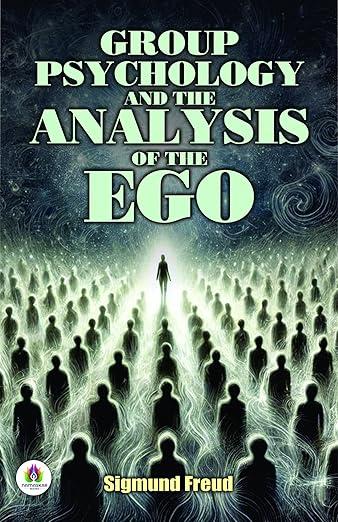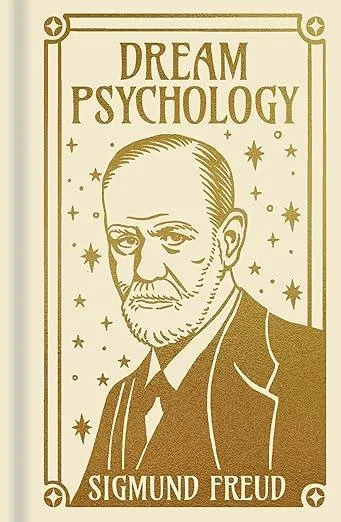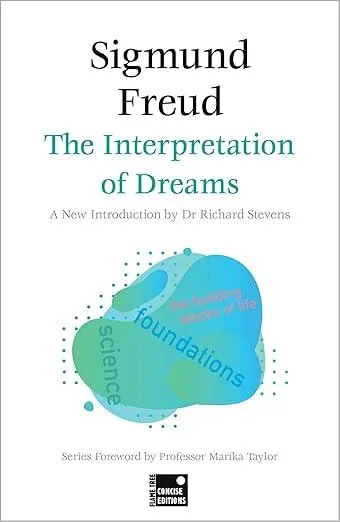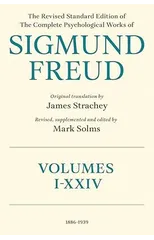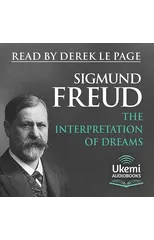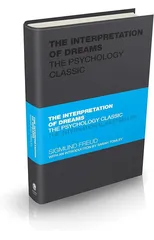Group Psychology and the Analysis of the Ego
(Author) Sigmund FreudEmbark on a groundbreaking exploration of the human psyche with Group Psychology and the Analysis of the Ego by Sigmund Freud. This seminal work delves into the intricate relationship between individual psychology and the dynamics of group behavior, shedding light on how social influences shape our identities. As Freud unravels his theories, you’ll uncover the mechanisms of group mentality, including how emotions and thoughts are transferred from one individual to another. His insights reveal the profound impact that collective experiences have on the ego, prompting readers to reconsider the essence of their own social interactions. But here’s a provocative question: How does belonging to a group alter our perceptions, beliefs, and desires, often in ways we cannot consciously control? Dive into Freud’s rich analysis, where he intertwines psychological theory with real-world applications. His compelling arguments provide a deeper understanding of social cohesion, conformity, and the collective unconscious, making this work essential for anyone interested in psychology and sociology. Are you ready to explore the complexities of your own ego within the context of group dynamics in Group Psychology and the Analysis of the Ego ? Engage with Freud’s pioneering ideas that have shaped modern psychological thought and continue to resonate in today's social landscape. This book challenges you to reflect on your place within groups and the influences that shape your identity. This is your chance to dive into the depths of psychological analysis. Don’t hesitate—secure your copy of Group Psychology and the Analysis of the Ego today, and begin your journey into the intricacies of the mind!
Sigmund Freud
Sigmund Freud was a pioneering Austrian neurologist and founder of psychoanalysis. His most famous work, "The Interpretation of Dreams," revolutionized the understanding of human behavior. Freud's writing style was clear, concise, and influential in shaping modern psychology. His key contributions to literature include exploring the unconscious mind and the role of sexuality in human behavior.
